Amnesty International report on the Armed Forces of Ukraine puts civilians in even greater danger than before – head of Amnesty Ukraine, who has resigned
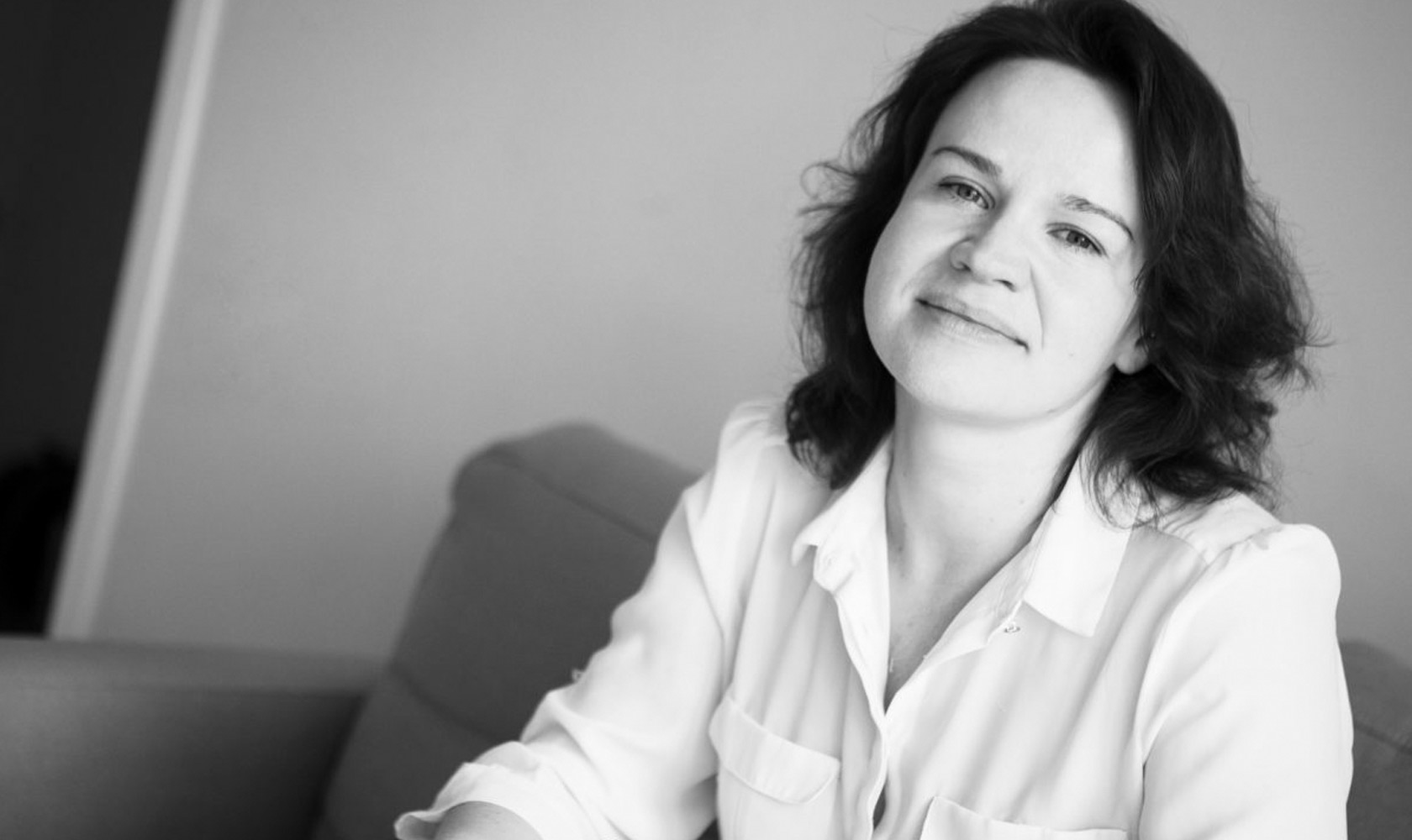
"Amnesty International deeply regrets the distress and anger that our press release on the Ukrainian military's fighting tactics has caused. While we fully stand by our findings, we regret the pain caused."
These lines of apology from the international organisation were preceded by several days of vigorous discussion, accusations from Ukrainian ministers and even from President Zelenskyy.
The scandal was caused by the publication of a report in which the human rights organisation said that the Ukrainian military, which is defending the country from the Russian invasion, is endangering the civilian population by establishing bases and storing weapons in schools and hospitals.
After publishing the report, Amnesty was accused of rehearsing Russian narratives, given that the Russian side has been justifying strikes on civilian facilities for several months on grounds that Ukrainian military personnel and equipment are [allegedly] stationed there.
As a result, this report, which was intended to protect civilians, can now be used as an excuse and an argument by [Sergei] Lavrov [Russian Foreign Minister] and [Sergei] Shoigu [Russian Minister of Defence]. From now on, the Russians will be able to invoke the conclusions of an organisation that is supposed to defend human rights, to justify targeting non-military sites and the civilian population.
Oksana Pokalchuk, head of the Ukrainian office of Amnesty International, announced her decision to resign in response to the publication of the scandalous press release. She headed the organisation for the past 7 years and is a well-known human rights defender in the country.
Pokalchuk has stated several times that the Ukrainian office was not involved in the preparation of the report - it was prepared by the crisis team.
In an interview with Ukrainska Pravda for the first time since the scandal, Pokalchuk talks about how the Ukrainian office was left out of preparing the report, why she decided to resign the day after the publication of the press release, and about the wrong approach to Ukraine by some other international organisations.
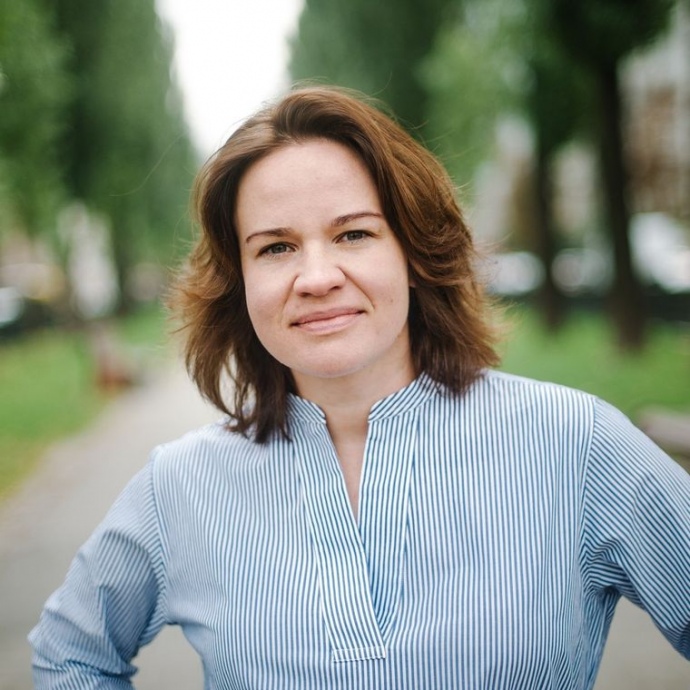
- Amnesty International's scandalous report was released on Thursday morning, 4 August. In the evening, after the scandal had broken out, the Ukrainian office issued a rather mild statement. You announced your decision to resign the following day. Why were these particular actions taken? What were you waiting for?
- I didn't really wait, I was working 24/7 all that time.
To begin with, it is necessary to explain how the structure of Amnesty International works. There is the head office that serves - and I want to emphasise this - the local offices. There are 10 million people, and this is not an exaggeration, activists all over the world, from Chile to Indonesia. These are people who have different cultural and historical backgrounds. And this has always been Amnesty’s strength.
When we in the Ukrainian office found out that there would be a press release, I first tried to work with the head office, to explain the context, to explain that to write this was not possible, that the report had to show both sides. If Amnesty accuses the military of putting civilians at risk, then it should at the very least include both sides and give them the right of reply, because this is serious.
To be honest, this is a new situation for me. Until now, the head office always tried to listen to the local offices.
When the release came out, all my warnings, tears, and arguments with the management became an objective reality. And there was a choice: either to issue a quick reaction in Ukraine, or to focus on the possibility of changes at the international level. I understood that this was, in fact, my last opportunity, but I wanted to bring about changes in the organisation. Because we have to understand that no matter what happens, the organisation will continue to exist. This is a large organisation with a great many offices around the world.
And I took a day to speak with and explain the situation to [representatives] in all time zones, in all regions in order to achieve these systematic changes. It seemed to me that this approach is much better than an emotional decision, which would definitely be better received by everyone in Ukraine.
- Did you manage to get anything from the local offices?
- Here it is important to explain that all international organisations always show and evaluate both sides of every conflict. But at the same time, the same standard is used for all. Relatively speaking, everyone is measured by the same ruler. First Ukraine was measured, then Russia, then Syria.
The problem is that it doesn't actually work that way, because it's impossible to understand whether an action was a violation or not without being involved in the local context.
And I was outraged on the first day of the scandal by the head office's absolute unwillingness to listen. On the first day, the Secretary General called those criticising the report "mobs and trolls".
A few explanations are once again necessary in order to understand what Amnesty International is. It's a movement, it's millions of people who work free of charge to protect human rights all over the world. And the head of the movement, which is built on activism - and this wave of indignation was precisely such activism - not only doesn’t understand this, but she humiliates these people.
After my conversations and explanations with the regional offices that we call sections, the situation changed a lot. Regional office after regional office in different countries have been coming out with statements that they do not agree with this report, that they consider it one-sided.
At the moment, the Netherlands office has already made such a statement, and this is a large part of the organisation's budget. Also, I know that some statements are still being prepared, and there is much discussion underway inside the organisation. It will have consequences. I am very sorry that unfortunately I failed to convince anyone in Africa.
And more important still, changes have begun to be made within the organisation. This report has caused enormous damage to my country. And I have managed to convey this to everyone.
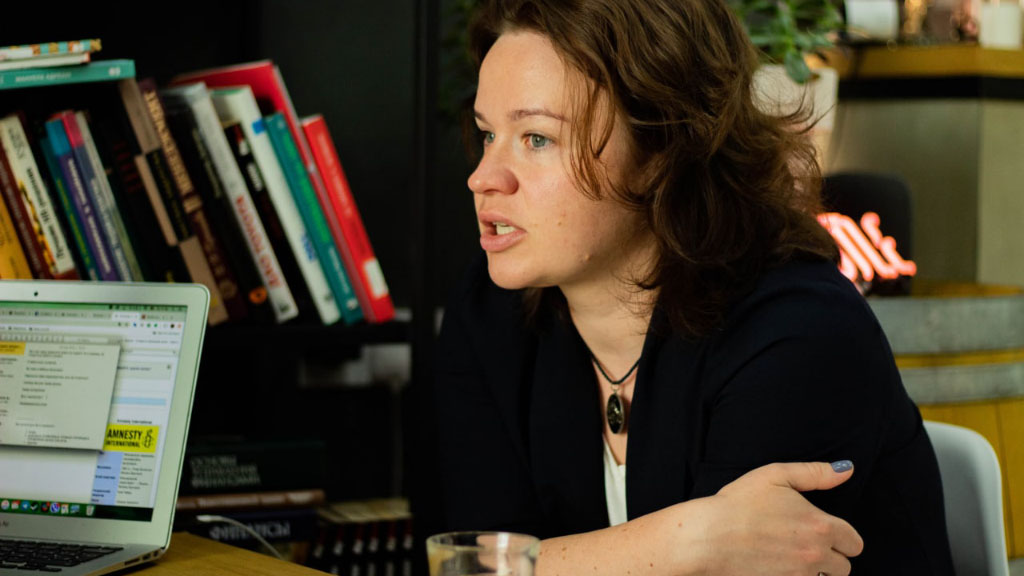
- I want to rewind a little bit and understand the circumstances. Can you tell me when the Ukrainian office first heard about this report and why you were not involved in this project after all?
- I don't know why; until now, we have always been involved in the preparation of such reports. This is what has outraged me the most. Why is there a Ukrainian office at all, if the crisis team can make such decisions?
Given the principle of looking at both sides, we knew that sooner or later there would be an investigation in the organisation into the Ukrainian side. We knew that there would be criticism. But we were told that nothing would be published without us, everything would be coordinated with us.
Since the beginning of the full-scale war, we have conducted many studies: on the attack on the Mariupol Drama Theatre, on Serhiivka, Izium, the torture of Ukrainian prisoners of war, refugees, etc. And we were involved in all the processes."
Last week we received a letter that we would issue a press release. And it [this letter] came not even to me, but to my colleague. I was shocked, because I have been told for weeks that there was nothing, but here they simply presented us with the fact that something would be published. And they said that in this situation I could not be involved in the process, because I am biased. That is, when we investigate the crimes of the Russians, I am not biased, but here I am biased!
And for the first time in my seven years working with the organisation, the communication was simply humiliating. They told me that they knew better than I did: "Oksana, you can stick to your point of view, but we have been working here longer and we know how to do it better and more correctly."
With incredible effort, I sought the right of reply, and asked that the organisation send a request to the Ministry of Defence [of Ukraine], which should go without saying. I thought it was normal to give our Ministry two weeks to respond. They sent a letter of request to the Ministry of Defence but did not receive a quick response, and decided to publish the report without it.
- Do I understand correctly that precisely because you did not know what was in the final report, you did not come out earlier with some kind of communication?
- I was convinced until the last moment that there would be a response from the Ministry of Defence and that it would affect the result. There was no rush to publish this report. Amnesty could have waited for the response of the Ukrainian government and published the report after that.
- So were you simply forced to face the fact that the report would be published on Thursday morning?
- It was simply published. The release was scheduled for even earlier on Thursday morning, and I did not know the format in which it would be released. I only saw excerpts of the conclusions, thanks to the request sent to the Ministry of Defenсe. I was sure that this report would not go public without a response from the Ukrainian Ministry.
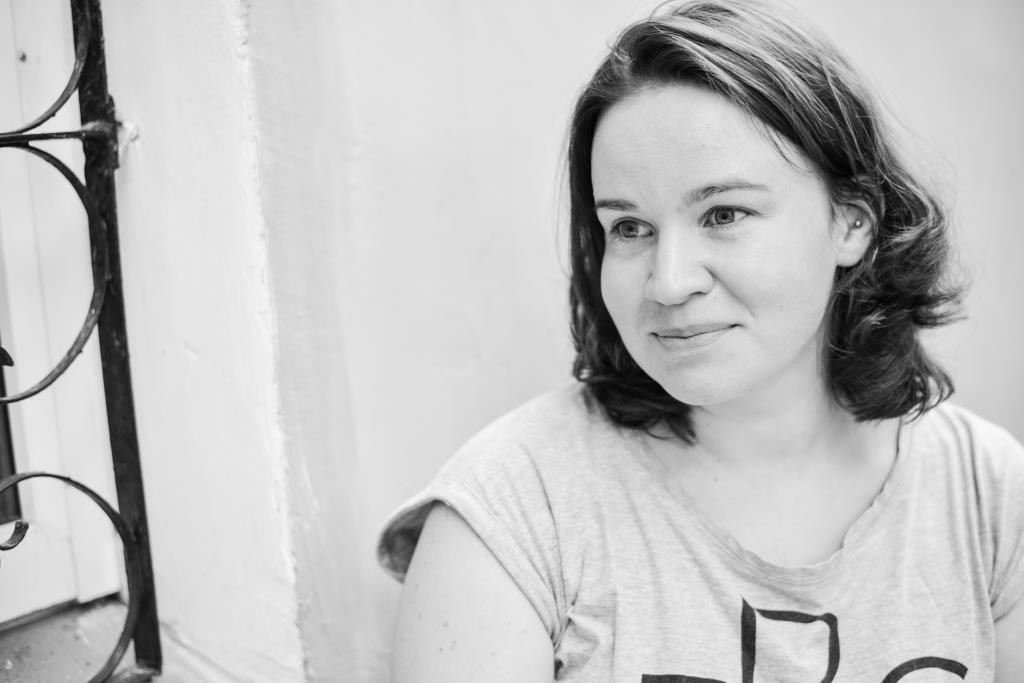
- Did you expect that the reaction of society and the Ukrainian authorities would be so negative?
- No. For me, the reaction at that moment was not as important. To be honest, I didn't think about people’s reaction, because I'm not a PR person, I'm not a media person. I am a human rights activist, my brain just works differently.
I opposed the head office not because there would be a wave of negativity towards the organisation from people or towards me personally. I did so because I strongly believe that this is wrong in terms of values.
I expected that it would be used by Russian propaganda - that was what interested me. And that is what happened. As we have seen, Russian propaganda has used this case very actively for its own purposes. And this was the biggest caveat for me.
The fact that, in Ukraine, people can react differently to the actions of the organisation, or to human rights protection, is something we are used to to some extent. Because when we talk about some difficult things, people can react in different ways. But what are we working for? For systematic changes. Where are these changes, particularly in this situation?
As a result, this whole story has put civilians in even greater danger than before.
- Is it true that Donatella Rovera - the senior crisis response adviser at Amnesty’s international headquarters - was personally responsible for the preparation of this report?
- Yes, she was the main researcher, but she did not work alone, as far as I know, at least as it appears from her tweets.
- Is it true that Amnesty's crisis team is not financed from the budget of the global office, but from individual donors, and those donors’ identity is unknown even within the organisation itself?
- I would definitely not like to talk about internal issues of the organisation. But I will answer here to avoid misunderstanding. All organisations and departments within the movement have their own separate budgets. But as far as I know, we are not talking about individual donors. The general budget is simply divided internally between different departments [local offices].
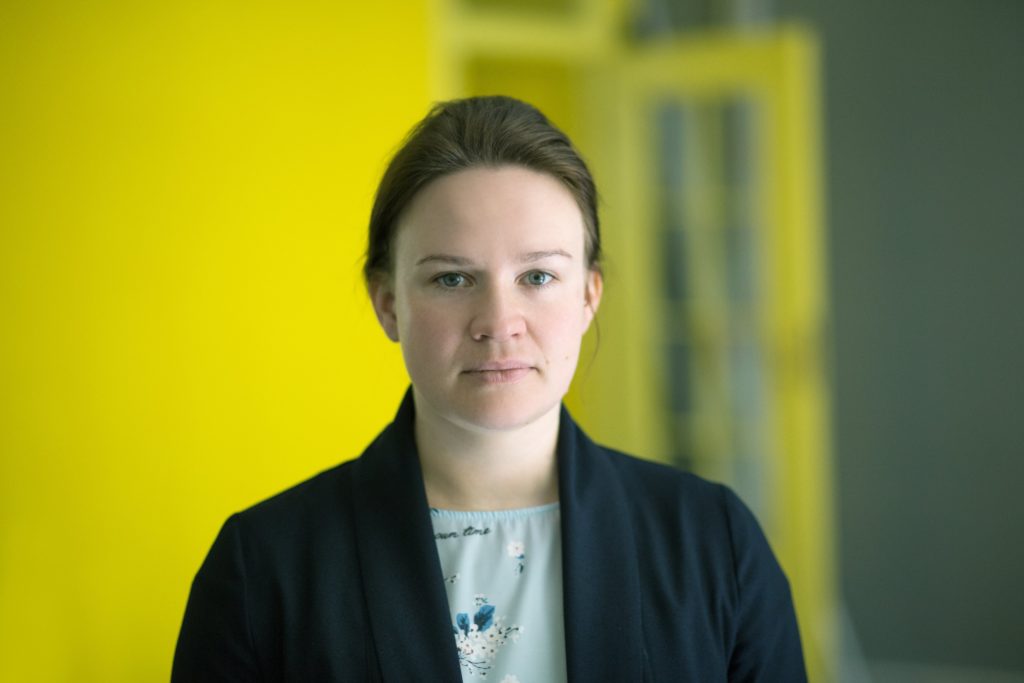
- The fact is that Donatella Rovera, who is actually the author of this scandalous report accusing the Armed Forces of Ukraine, was also one of the three experts last week in the documentary by the American CBS channel about the tracking of Ukrainian weapons.
Her comment was limited to the point that the international community has no way to find out where Ukrainian weapons are going. The film claimed that only 30% of weapons reach the front. But no substantiated evidence was given... And, let's say, these accusations are closely correlated with what the Russian side has been trying to promote in Western media recently…
(After the broadcast, CBS updated the story "to reflect changes that occurred after the documentary was shot." CBS also noted that changes would be made to the film itself - Ukrainska Pravda).
- I was not just shocked, everything just broke inside me when I saw this story. It's so horrible that I just can't say anything.
It seems to me that in this particular case, it is a problem of very specific personalities who believe that they are experts on Ukraine. But people who may have gained some great, high-quality, serious experience in other places can’t just come to Ukraine and simply apply the same template here. Without understanding the local context, this can’t be done in any case.
- Wasn't the Ukrainian office supposed to provide this context? Have they always thought that your opinion is not interesting or important to them?
- Before this report, they used to listen to us first, and without this interaction, the good work that was done in the past would not have been possible.
But in this particular case, they absolutely disregarded us. Their attitude was that "we know what is better, and you, the locals, do not".
And this is a big problem for me, this was a crisis of values. Because as a human rights defender, I believe that we investigate, we look, we are present where there are violations of human rights. But the way it happened this time, and the fact that the local voice was generally excluded from the process, despite my expertise, despite almost 7 years in the organisation, despite the fact that I am a Ukrainian in Ukraine.
That is, I was simply eliminated as less or not at all an expert. That is, they know better because they have experience in other countries.
And we see this in very, very different contexts, in different situations, when international organisations declare their values, come to places as if wanting to help. However, it is very difficult to actually be relevant and understand the context in different countries. And these organisations simply developed certain patterns and work according to these patterns.
But more harm than good is done without quality cooperation with local offices and people on the ground.
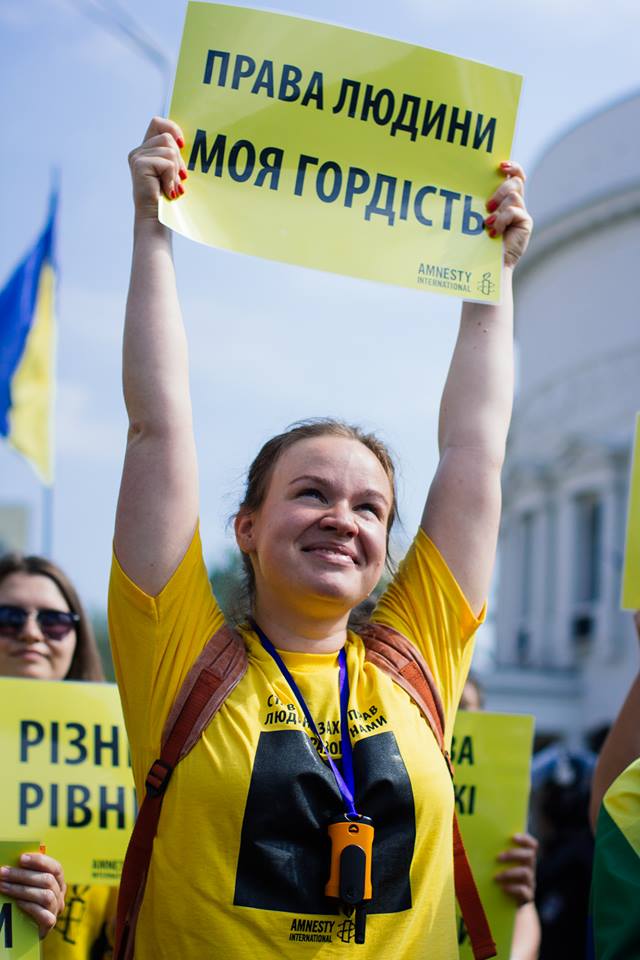
- What has the Ukrainian office [of Amnesty International] been working on since the start of the full-scale invasion? What was your focus?
- It was both to help with evacuation and to help with medicines. That is a very different, precise kind of help that is not human rights protection and should not be our focus. But in this particular situation, we helped local organisations financially and with various other resources.
We were involved and helped with the work of recording the war crimes committed by Russia in Ukraine. And I think we did not do a bad job.
Moreover, I was very much engaged in international advocacy on behalf of the situation in Ukraine, because the world is big and those outside our country don’t really know much about what is happening here. And this is a big problem.
My focus lately has been on Africa. I wanted to work with Africa to change their attitude towards the situation in Ukraine, because Russian narratives are very strong there. And this was possible within a movement such as Amnesty, for example. I had a lot of support from the African sections [local offices] in talking to politicians, people, and activists.
Another area is to try to persuade countries that support Ukraine to investigate war crimes [committed here] in their own courts, under the principle of universal jurisdiction [the legal principle that allows for crimes to be investigated and prosecuted in any country regardless of where they were committed, and irrespective of the nationality of the victims and perpetrators].
For example, I've just had a very good, I think, trip to France, where the local section [of Amnesty International] is doing a really great job of working to change French law to allow a wider range of people to be protected through the principle of universal jurisdiction, which will work in France.
International organisations are needed for this. And this is precisely the strength of international organisations.
But, unfortunately, the actions of certain personalities who have power and are unwilling to understand the local context destroy all this. They are destroying what millions of volunteers and activists are building.
- My conclusion from what we have talked about with you: the organisation, built on horizontal relations, on interaction between people from different countries, got stuck in some kind of bureaucratic quagmire, where people simply felt they had too much power and the ability to point to local offices in third countries and tell them what to do and how, because they know better. Am I correct?
- Yes, that's correct. Look how well you have formulated the hour of conversation. You can, basically, publish this phrase - and that's it (smiles - Ukrainska Pravda).
- I understand that you perceive it emotionally because it hurts, but in fact Amnesty International has had problems in other countries and there have been questions about several of their statements. The case that many people in Ukraine remember now is the story of [Russian opposition politician Alexei] Navalny, whom Amnesty refused to call a prisoner of conscience because of his right-wing radical views.
- And here I want to object: tell me, please, why, when we talk about Ukraine, we need to mention Navalny?
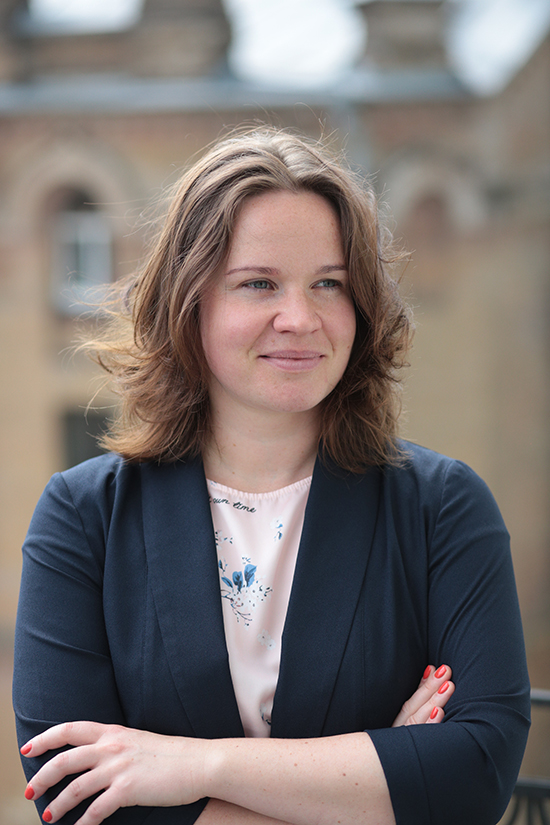
- No, I'm just saying that for some reason this case is remembered. And in fact, I wanted to give another example, about which almost no one in our country knows: the closing of the Hong Kong office during the time of active protests that were later suppressed. And the international office decided simply to close the local section, leaving all the activists alone with the authorities... How then did the management explain this decision?
- Thank you for mentioning this story! Oh, man, Navalny? Forget about him! Let's look for comparisons with other countries.
How did they explain this decision? They explained this decision by the impossibility of continuing to work. Perhaps it is better if I do not question the decision itself - I am not an expert on Hong Kong, I do not live there.
But as a person from inside the movement, I have the feeling that closing that office elicited a very strong negative reaction within the organisation, because it looked like a desire to shake off the responsibility that the organisation should bear at least in relation to its people. And this is important.
Meaning, OK, do you want to close the office? We can talk this through, it can be done in such a way that no one gets hurt. It was done quickly and, in my opinion, inhumanely.
And for me, this case is illustrative, just one example of such superficial aggressive actions undertaken simply to solve problems quickly, instead of approaching the issue with the soul.
In the case of Ukraine, we’ve seen the same thing - they don't care what will happen here, what consequences their actions will have.
Now people are writing that the Secretary General should resign, that they do not agree with what was done and do not accept even a belated apology. I think that's great, because we, Ukrainian men and women, are showing our strength.
For some reason, when various organisations come to Ukraine, they break down under our challenges. It seems to me that in Ukraine... I may sound pathetic now, but our destiny is to change major processes that haven’t been working for a long time.
- But so far it has been very difficult to change. The Red Cross does not make official announcements of any of its activities. The UN is the same. All international organisations follow principles and rules that no longer work. Human rights protection is not only about rules; on the contrary, it is primarily about humanism and empathy and the ability to distinguish good from evil, not to achieve balance...
- Absolutely, that's why we count on support, and we should receive it. Do you know why?
Because people from all over the world who give 5 euros, 3 pesos to the Red Cross, to Amnesty or to some other organisation think they have really invested in systemic change in Ukraine, that they have helped, that they have saved someone. But it's not like that, it doesn't work.
I really see this as our goal: to tell large organisations what is wrong. And specifically within Amnesty, I am sure that this situation will lead to systemic changes.
- What do you mean by systemic changes in this situation?
– For example, changing the balance of the priorities of experts who come and measure everything by one standard regardless of the local context and local vision. The approach should be a combination, a true combination of global and local. We see things here on the ground, we know what's going on, we're the experts, our voice matters!
- So far, it doesn’t seem that these changes have taken place. Amnesty issued a statement of apology but said they would not change the findings...
- That's why we must not stop.
I know that we have this thing where we talk [about something] for 2-3 days and then we forget about it all. But what will be the changes? I will tell you what the changes will be.
I think that from now on, nothing will come out about Ukraine that will not be checked 110 times, which is already a good thing, and the same approach will be applied in other countries. This is important. It’s a first step.
Second, I think that what has happened already shows a certain, I wouldn't call it a split, but a different vision among the people "on the ground" and the head office. And this has become visible within the movement.
I am convinced that this situation will bring change to policies all over the world. It seems to me that we shouldn’t simply stop, but should continue to show what is happening and not be silent when we disagree. It seems to me that this is our great strength as Ukrainians.
- The Ukrainian office and you personally have received a lot of negativity. Were you prepared for this? You say that this is activism and that it is basically good. But you have received threats, insults, your name was put on Myrotvorets [Peacemaker, a Ukrainian website that publishes a running list - and sometimes personal information - of people whom the authors consider to be "enemies of Ukraine"].
- I believe that I did everything right, because when you are involved in human rights protection and such things happen, you can’t lie to yourself.
The Ukrainian office found itself in an absolutely terrible situation, without being guilty in any way. These are people who have worked for years to protect people's rights in Ukraine. These people found themselves caught up in the grinder, which simply ground them and threw them away. And this is, in a sense, a lesson for me. It seems to me that Ukraine is a litmus test, it shows everyone what is wrong in very different places.
And for me, as a person who worked in an international organisation, I had a certain broad picture of the world. And what happened in Ukraine has shown that there is something wrong with the current system.
As for the hate and insults, I still formally represented the organisation. And no one knew what I was doing at that moment. And no one knew that at that moment I was working 24/7 to achieve big changes.
I tried to make changes. So yes, I'm going through a lot of pain. But as a human being, to be honest, I understand all this negativity because it's righteous anger.
I was also angry, I was also upset, I cried. But at that peak moment, I made an inner decision for myself, and the inner decision was to use this moment to achieve systemic change.
I believe in it deep inside. I was in pain, it was very hard for me, I was scared. But if not me, then who? If not now, when?
Sevgil Musaieva, Ukrainska Pravda